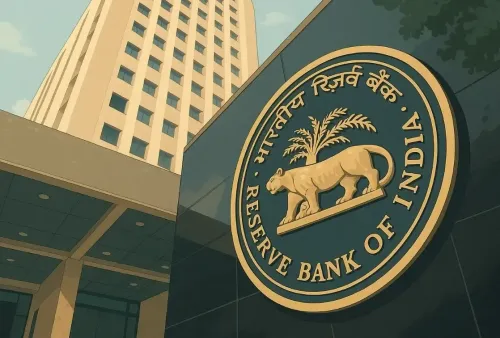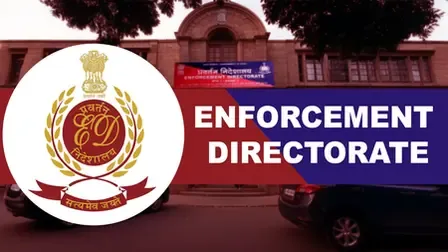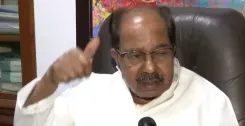Khamenei: Negotiations with the US Won't Resolve Iran's Issues

Synopsis
Key Takeaways
- Khamenei believes US negotiations are futile.
- Iran would retaliate against security threats.
- Foreign Minister Araghchi calls for objective guarantees.
- Trump reinstated maximum pressure against Iran.
- Iran remains committed to non-proliferation agreements.
Tehran, Feb 7 (NationPress) Iran's Supreme Leader Ali Khamenei stated on Friday that engaging in negotiations with the United States will not resolve Iran's issues, labeling such discussions as "neither wise nor honourable," as reported by the official news agency IRNA.
Khamenei emphasized during a gathering with senior military officials that previous experiences in negotiations with the U.S. yielded no significant outcomes. "Even when we made concessions, we did not achieve the desired results. They tore up the agreement and failed to honor their commitments," he remarked.
Addressing U.S. threats to Iran's security, Khamenei affirmed that Iran would respond decisively to any such provocations. "If they violate our national security, we will retaliate without hesitation," he asserted, according to Xinhua news agency.
On Wednesday, Iranian Foreign Minister Seyed Abbas Araghchi commented that ensuring Iran does not pursue nuclear weapons is feasible, provided that "objective guarantees" are offered to halt hostile actions against Tehran, including economic sanctions.
His remarks on social media platform X responded to U.S. President Donald Trump, who reaffirmed his commitment to preventing Iran from acquiring nuclear weapons and announced the reinstatement of the "maximum pressure" campaign against Iran.
Before his meeting with Israeli Prime Minister Benjamin Netanyahu at the White House, Trump signed a national security memorandum that reinstated maximum pressure on Iran, aiming to "deny Iran all paths to a nuclear weapon and counter Iran's malign influence abroad."
Araghchi criticized the "maximum pressure" strategy as ineffective, reiterating that its persistence would only lead to "maximum resistance" from Iran.
The Iranian Foreign Minister highlighted that "wise leaders should opt for maximum diplomacy instead," adding that Iran, as a full member of the Nuclear Non-Proliferation Treaty and various global nonproliferation agreements, has made it clear it will not seek, develop, or acquire nuclear weapons under any circumstances.
In July 2015, Iran entered into a nuclear agreement, formally known as the Joint Comprehensive Plan of Action (JCPOA), with six world powers, accepting limitations on its nuclear program in exchange for the lifting of sanctions.
However, during Trump's first term, the United States exited the agreement in May 2018 and reinstated sanctions, leading Iran to reduce some of its nuclear commitments.
Efforts to revive the JCPOA have not seen significant advancement.









